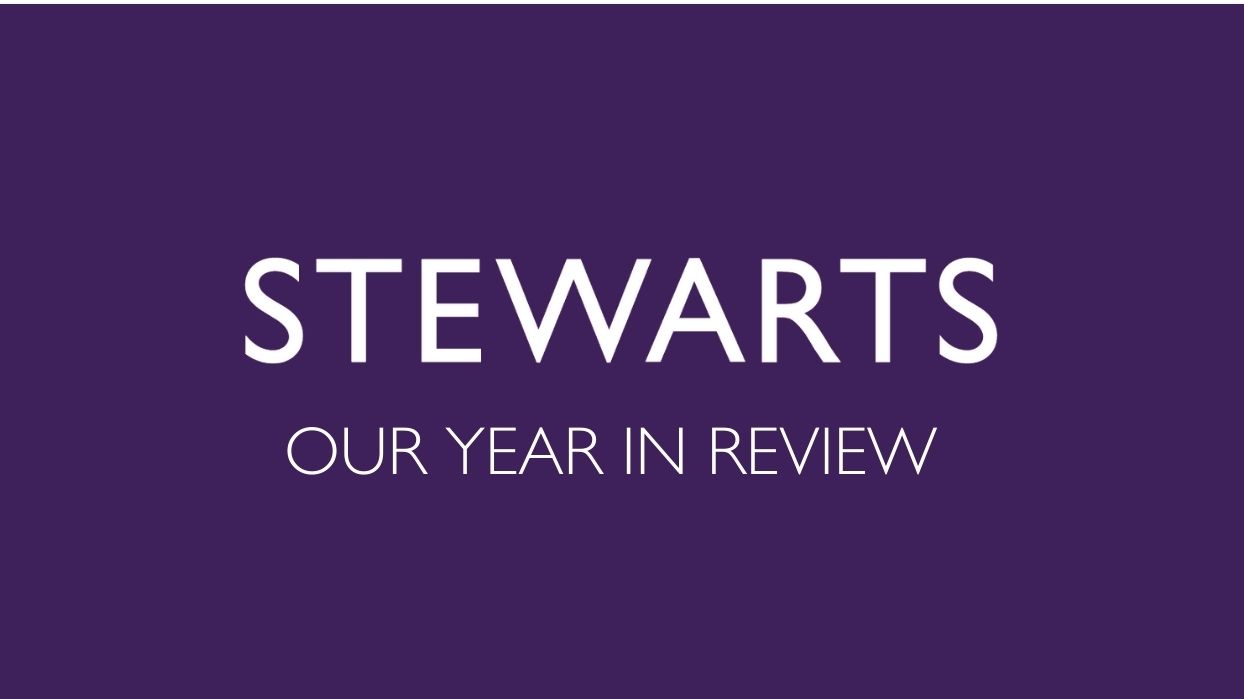In its latest round of targeting businesses for greenwashing, the Advertising Standards Authority (“ASA”) has concluded that three airlines were misleading customers about their environmental impact.
Elaina Bailes and Olivia Shaw look at the ASA’s investigation into these misleading adverts and the potential litigation risks for businesses when making sustainability statements.
The ASA rulings
The airline adverts in question include phrases such as “committed to protecting the future”, “fly more sustainably”, and “explore the World With Confidence and Total Peace Of Mind”. However, they omit any evidence to back up these green claims. This is particularly relevant in an industry responsible for high CO2 and non-CO2 emissions, which contribute significantly to climate change.
The three airlines under ASA’s spotlight were Air France, Lufthansa and Etihad. The ASA challenged whether their adverts gave a misleading impression of each airline’s environmental impact and whether they should be banned. The following assessments were made:
- Air France: “Manchester to Bangkok… Air France flights… Air France is committed to protecting the environment: travel better and sustainably.”
The ASA concluded that consumers would understand the advert to mean that Air France offered a sustainable and environmentally friendly way to travel by air.
- Lufthansa: “Fly now with Lufthansa… Book your ticket directly with Lufthansa and explore destinations around the world… Fly more sustainably.”
The airline argued that its advert was a reference to its “Green Fares” option for passengers on its European flights. These flights would reduce 20% of flight-related CO2 emissions by using sustainable aviation fuels (“SAF”) and offsetting the remaining 80% of the CO2 emissions by an equivalent contribution to high-quality climate protection projects.
The ASA concluded that consumers would interpret the advert to mean that Lufthansa offered a way to travel by air that had a lower environmental impact than alternative airlines. The advert does not make clear how the “Green Fares” would work in practice, and this was material information for consumers to be able to make an informed decision.
- Etihad: “Etihad Airways – Book Your Flight Today… Enjoy Great Discounts, Offers and Deals On Your Flight Bookings. Explore the World With Confidence and Total Peace Of Mind With Etihad Airways. Environmental Advocacy. Award-Winning Service.”
As with the adverts above, the ASA decided consumers would understand this to mean Etihad actively worked to protect the environment and, consequently, could use their services with “Total Peace Of Mind” with regard to the environmental impact of doing so.
The Code of Non-broadcast Advertising and Direct & Promotional Marketing (“the CAP Code”) requires environmental claims to be clear and supported by a high level of substantiation. In all three cases, the ASA found that the airlines failed to show a high level of evidence demonstrating how they were protecting the environment and making aviation sustainable. The ASA found there were currently no initiatives or commercially viable technologies in operation within the aviation industry that would adequately substantiate absolute green claims. The ASA found that each advert misled consumers.
The rulings are interesting as they show a continuation of the ASA’s approach in its decisions against HSBC to take environmental claims in the context of the company or the whole industry’s environmental impact.
AI tools and ESG-related litigation
Interestingly, each airline’s adverts were identified for investigation using an AI tool to proactively search for online adverts that might break the ASA rules.
AI has the potential to trace and analyse large volumes of a company’s data collected throughout a company’s supply chain and identify whether a company’s green claims are backed up by evidence and/or science. As such, it could have an increasing role in identifying misleading environmental claims.
This exposes businesses to regulatory and litigation risk as it will become easier for potential claimants to identify the gap between a green claim and the reality of the company’s environmental policy. Specific disputes may arise, including claims of misrepresentation and/or mis-selling, including ‘greenwashing’ and investor claims resulting from misleading statements/omissions in public companies, such as under sections 90/90A of the Financial Services and Markets Act 2000.
Companies need to be careful about how they advertise their sustainability efforts and ensure their message is substantiated and clear. Allegations of greenwashing have the potential to damage a company’s reputation, leading to financial repercussions and loss of customer loyalty.
Conclusion
Research for ASA’s Climate Change and the Environment project identified that as claims in air travel advertising tended to attract more attention, the potential role of offsetting, when revealed, could result in greater disappointment. This suggested the need for greater transparency with consumers in this sector.
The ASA has demonstrated increased efforts in its enforcement work on climate change and the environment. This remains a real issue for the aviation industry. As long as emissions remain high, airlines will have difficulty advertising any green initiatives without including detailed supporting information about the action it is taking now. The ASA was clear future goals were not sufficient to avoid misleading the public.
Businesses in carbon-heavy sectors should be aware of the need to align environmental strategies developed at board level with advertising to avoid the risk of regulatory penalties and litigation. Given the difficulties in this area, seeking legal advice at an early stage is all the more essential.
You can find further information regarding our expertise, experience and team on our Commercial Litigation or ESG Disputes page.
If you require assistance from our team, please contact us or alternatively request a call back from one of our lawyers by submitting this form.
Subscribe – In order to receive our news straight to your inbox, subscribe here. Our newsletters are sent no more than once a month.







